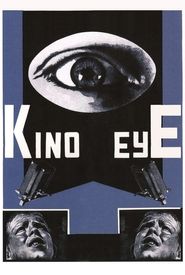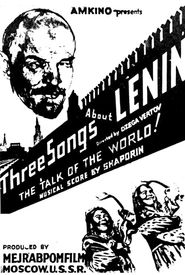David Abelevich Kaufman, more commonly recognized by his pseudonym Dziga Vertov, was a pioneering Soviet filmmaker, newsreel director, and cinema theorist whose groundbreaking techniques and philosophical perspectives significantly influenced the development of the documentary film genre.
Paving the way for groundbreaking documentary filmmaking, the innovative and visionary Dziga Vertov revolutionized the art of capturing reality on celluloid, thereby setting the stage for the cinéma vérité movement, a cinematic style that prioritizes authenticity and immediacy, and in the process, left an indelible mark on the world of filmmaking.
As a true trailblazer, Vertov's influence extended far beyond the realm of documentary filmmaking, and his impact can be seen in the work of the Dziga Vertov Group, a radical film cooperative that operated from 1968 to 1972, and which continued to push the boundaries of cinematic storytelling.
Moreover, Vertov's innovative approach to filmmaking had a profound and lasting impact on numerous filmmakers and directors, inspiring a new generation of artists to experiment with the medium and challenge traditional narrative.
structuresThrough his tireless efforts to capture the essence of reality on film, Vertov left behind a legacy that continues to inspire and influence filmmakers to this day, ensuring his place as one of the most important and influential figures in the history of documentary filmmaking.
In the year 1960, the renowned French filmmaker, Jean Rouch, found inspiration in the innovative filming theories of the Russian pioneer, Dziga Vertov, which had a profound impact on his creation of the groundbreaking documentary, Chronicle of a Summer.
The Free Cinema movement in the United Kingdom, a groundbreaking cinematic endeavor that flourished during the 1950s, owes a profound debt of gratitude to the visionary innovations of Dziga Vertov, a pioneer of documentary filmmaking. Similarly, the Direct Cinema movement, which emerged in North America during the late 1950s and early 1960s, drew inspiration from Vertov's trailblazing work, as did the Candid Eye series, a pioneering Canadian documentary film series that debuted during the 1950s.
The cinematic world has been forever changed by the pioneering spirit of Dziga Vertov, whose groundbreaking masterpiece "Man with a Movie Camera" (1929) has been universally acclaimed as a trailblazing work of cinematic art, as evident in the 2012 Sight & Sound poll where esteemed critics ranked it a remarkable 8th among the greatest films ever made, a testament to the lasting impact of this visionary filmmaker's innovative and forward-thinking approach to the medium.























